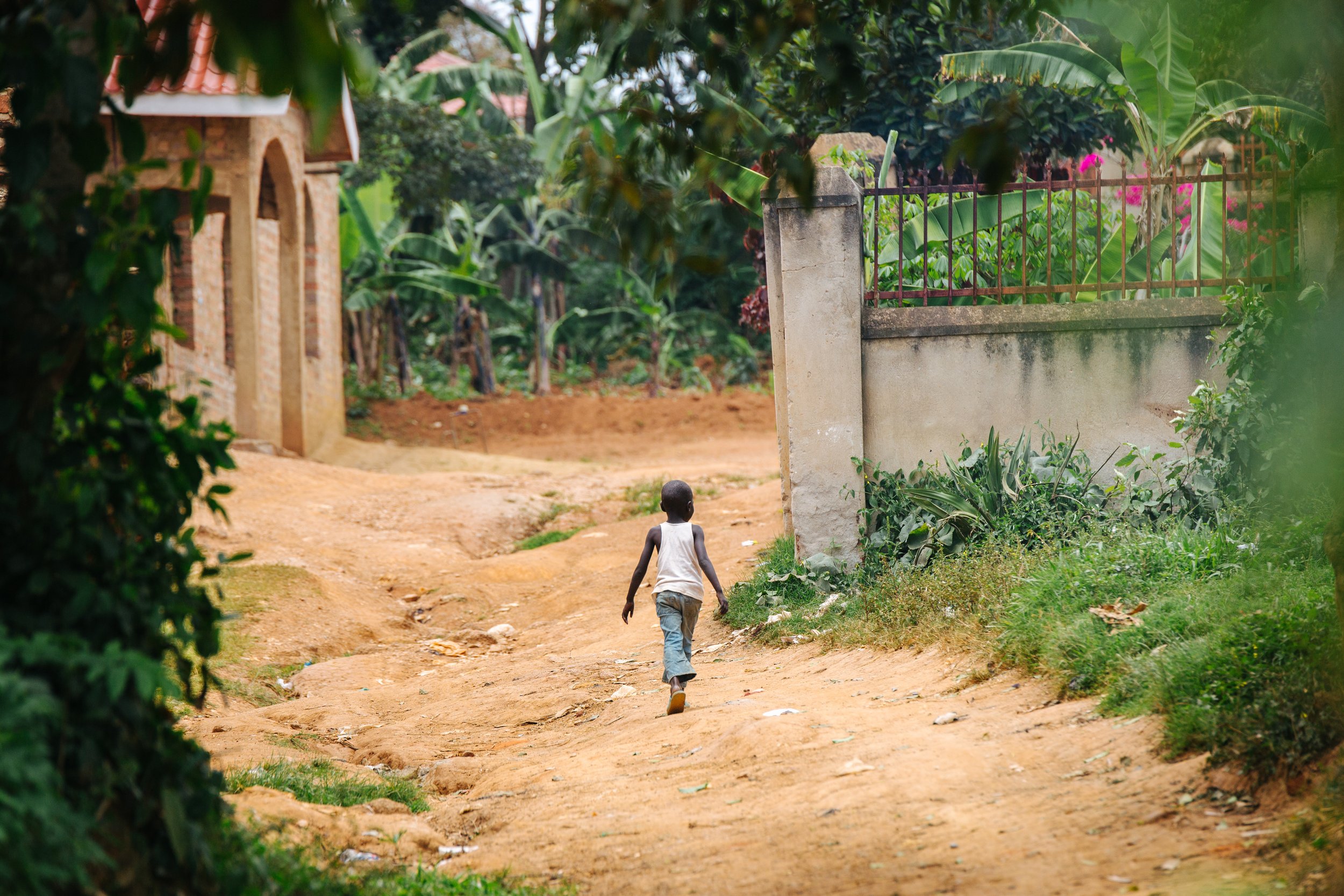This one is for the boys
At Kkumi Project, we're driven by a simple truth: a boy has two jobs—being a boy and growing up to be a man. This profound understanding guides us as we embark on a journey to transform lives, communities, and futures. When we say, "This one is for the boys," we're not just stating a mission; we're expressing a commitment to addressing an urgent need that's often overlooked.
Why Boys?
The question of "why boys?" is a valid one. In Uganda, nearly half of homes are led by single mothers, and the number of men abandoning their families continues to rise. Over the past decades, humanitarian efforts have predominantly spotlighted women and girls, leaving boys and men marginalized in many initiatives. We've observed a significant gap in programs tailored to address the challenges that boys are navigating.
By empowering boys to become Godly men who embrace empathy, integrity, and leadership, we're building a foundation for thriving families and communities.
We believe strongly in the work being done to empower young women in Uganda and aim to support such efforts by educating and empowering young men to have a healthier understanding of masculinity, support and respect for women, and ultimately protecting the vulnerable.
A Shift in Perspective
Our journey has been one of transformation, driven by a profound shift in perspective. In the beginning, Kkumi Project operated more or less as a traditional orphanage, with boys living on-site in a family-style home under the care of a house dad. In 2017,research was showing that this residential family-style care was the best approach to change the lives of these boys in Uganda.
In our pursuit of excellence, we've delved deep into the lives of the boys we serve. Most children in institutionalized care worldwide are not orphans; they're separated from their families due to poverty. So, we've chosen a different path, one where we come alongside these boys and their families as they rewrite the story of hope in their communities for generations to come.
We believe in family-based care, promoting dignity and responsibility, not dependence. We work with families, teaching them how to disciple their children, know God deeply, parent well, and manage their resources responsibly. It's a journey that involves the entire family, changing not only the trajectory of a boy's life, but the entire community.
However, over the last five years, we've embarked on a journey of new research, self-discovery, and evolution. As our boys began to grow and "age out" of the system, we realized the limitations of this model. It became increasingly clear that we needed to find a better way to create lasting change.
Our realization was simple yet profound: the most effective way to uplift these boys wasn't to separate them from their families but to empower their families to raise them with dignity and purpose. We shifted our focus from being primarily institution-centered to being boy-centered and family-focused.
This journey, marked by a change in focus, purpose, and philosophy, is what defines our new approach at Kkumi Project!
What we Believe
At Kkumi Project, our work is rooted in a set of guiding principles that shape our approach and drive our commitment. These principles are the bedrock of our organization, illuminating our path as we strive to make a lasting impact on the lives of boys and their families in Uganda.
-
We believe in the love of Jesus and in teaching his love. Beyond sharing the Good News, we dive deep and heavily invest in disciplining those we serve and the staff we employ.
-
We believe the key to lasting success is to foster strong relationships that build trust and confidence. We seek relationships with each other, with God, and with creation.
-
We believe in the shared goal of collective success, which can only be accomplished through teamwork and collaboration.
-
We believe Exit Strategies are essential: Our programs are designed to strengthen individuals and communal capacities to encourage growth that leads to economic self-sufficiency.
-
We believe that poverty is complex and ever-changing. We believe that ending poverty requires more than just providing raw resources. Our approach is holistic, meaning that we seek to end ALL forms of human poverty by addressing a person’s entire life. Our solutions for programmatic development address the physical, spiritual and relational needs of vulnerable people.
-
We believe in partnership over handouts. A Kingdom Culture vs. fixing local problems with outsider solutions. Family-based care vs. institutionalization of children. We’re 100% Ugandan-run on-site.















